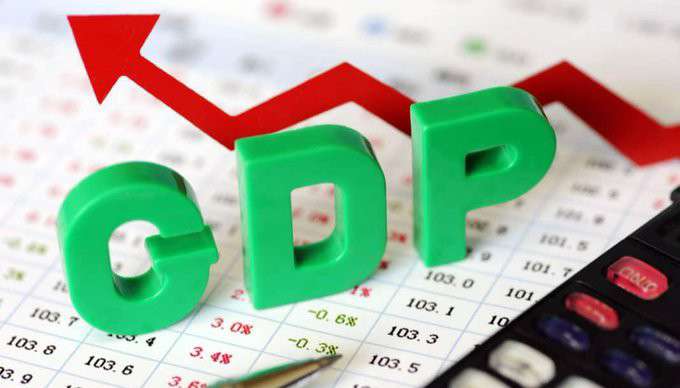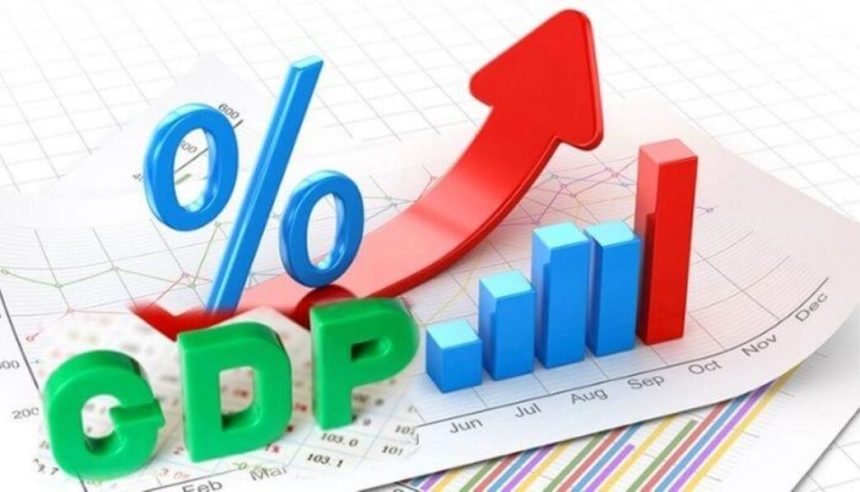Nigeria’s economy is demonstrating steady growth, with the nation’s Gross Domestic Product (GDP) expanding by 3.46% in real terms year-on-year in the third quarter (Q3) of 2024.
This impressive performance, detailed in a recent report by the National Bureau of Statistics (NBS), marks a significant improvement compared to both the second quarter of 2024 and the same period in 2023.
The NBS report reveals that the Q3 2024 growth rate of 3.46% surpasses the 2.54% recorded in Q3 2023 and the 3.19% growth achieved in Q2 2024.
According to the report, the aggregate GDP at basic prices reached N71.13 trillion in nominal terms, reflecting a year-on-year nominal growth of 17.26%. This performance notably outpaces the aggregate GDP of N60.66 trillion recorded in Q3 2023.

The services sector emerged as the driving force behind the country’s economic expansion, growing by 5.19% and contributing a robust 53.58% to the total GDP. This underscores the increasing dominance and vitality of the services sector within Nigeria’s economy.
Meanwhile, the agriculture and industrial sectors also experienced growth. The agricultural sector recorded a modest increase of 1.14%, though slightly down from the 1.30% growth recorded in Q3 2023. The industrial sector, however, showed marked improvement with a 2.18% growth rate, up significantly from 0.46% in the corresponding quarter of 2023.
READ ALSO: Israel PM, Netanyahu Deserves “Death Sentence”- Iran’s Supreme Leader
Nigeria’s oil sector saw a positive turnaround, growing by 5.17% year-on-year in Q3 2024, compared to a contraction of -0.85% in Q3 2023. Average daily oil production rose to 1.47 million barrels per day (mbpd), higher than both the 1.45 mbpd produced in Q3 2023 and the 1.41 mbpd recorded in Q2 2024.
The non-oil sector also performed strongly, growing by 3.37% in real terms. This was a notable improvement over the 2.75% growth recorded in Q3 2023 and the 2.80% growth achieved in Q2 2024. The solid performance of the non-oil sector highlights the country’s ongoing efforts to diversify its economy and reduce dependence on oil revenues.

Despite facing numerous domestic and global economic challenges, Nigeria’s economy has shown resilience and adaptability. The growth in the services sector reflects the expanding influence of technology, trade, and financial services in the nation’s economic framework. Meanwhile, the steady recovery of the oil sector offers hope for sustained revenue generation.
READ ALSO: Solana Breaks Records: Surpasses $100 Billion Monthly DEX Trading Volume
The continued improvement in GDP figures is a positive sign for Nigeria’s economic trajectory. However, to sustain this growth, policymakers will need to focus on strengthening the non-oil sector, addressing structural inefficiencies, and fostering an environment conducive to investment and innovation.
As Nigeria builds on this momentum, the third-quarter performance serves as a testament to the nation’s potential for economic resilience and expansion in the face of evolving challenges.

